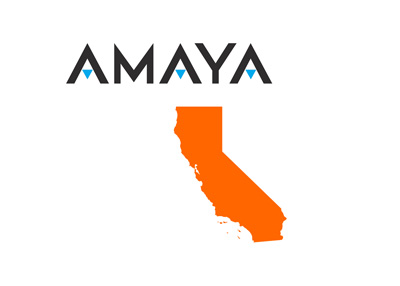Virginia Representative Robert Goodlatte, a republican, believes the fourth time might be a charm as legislation he introduced to restrict online gambling passed through the House Judiciary Committee last week. Goodlatte has proffered the bill on three separate past occasions, but has never been successful. This time, his anti-gaming proposal may have a fighting chance.
The bill updates the Federal Wire Wager Act, a decades-old restriction on placing bets over the telephone lines, to restrict online gambling. The bill also orders banks to stop gambling-related transactions and would allow law enforcement to compel internet service providers to remove gambling sites and links to them.
The house greeted the idea more warmly on its fourth visit to congress than during any prior session. This time, the anti-gaming bill is buoyed by backlash to the Jack Abramoff lobbying scandal. Abramoff’s clients were actively involved in killing the legislation during past incarnations and many elected officials may now be willing to back the measure as means of maintaining an appearance of “purity” and to distance themselves from those past events.
Although the political climate bodes well for the measure, there are several groups fighting its adoption. Poker players, banks who would be subject to new regulation and casinos from within the U.S. have lined up to critique the bill and to point out its weaknesses. Meanwhile religious groups, professional sports leagues and others support the measure.
The bill wouldn’t just attempt to clamp down on offshore gambling operations accessed via the internet. Under its current terms even online state lottery programs would be rendered illegal. Interestingly, parimutuel horse betting does not seem to fall under the purview of Goodlatte’s restrictive bill.
Goodlatte and his supporters argue that gambling causes social maladies and that the industry generates nearly $12 billion annually--little of none of which is ever subject to taxation by U.S. authorities. While others in congress have argued for studies regarding the feasibility of regulation instead of an outright ban, the Federal Wire Wager Act revisions creep closer to becoming law.
Even though the measure has made it past the House of Representatives, Senate approval and an eventual Presidential signature will be required to make the Goodlatte plan into law. Past efforts have been doomed by countless questions regarding enforcement and other practicalities, but the current political climate suggests that this time those who want to see online gambling end for U.S. citizens may have an outside chance for success.
--
Filed Under: Poker Legislation



